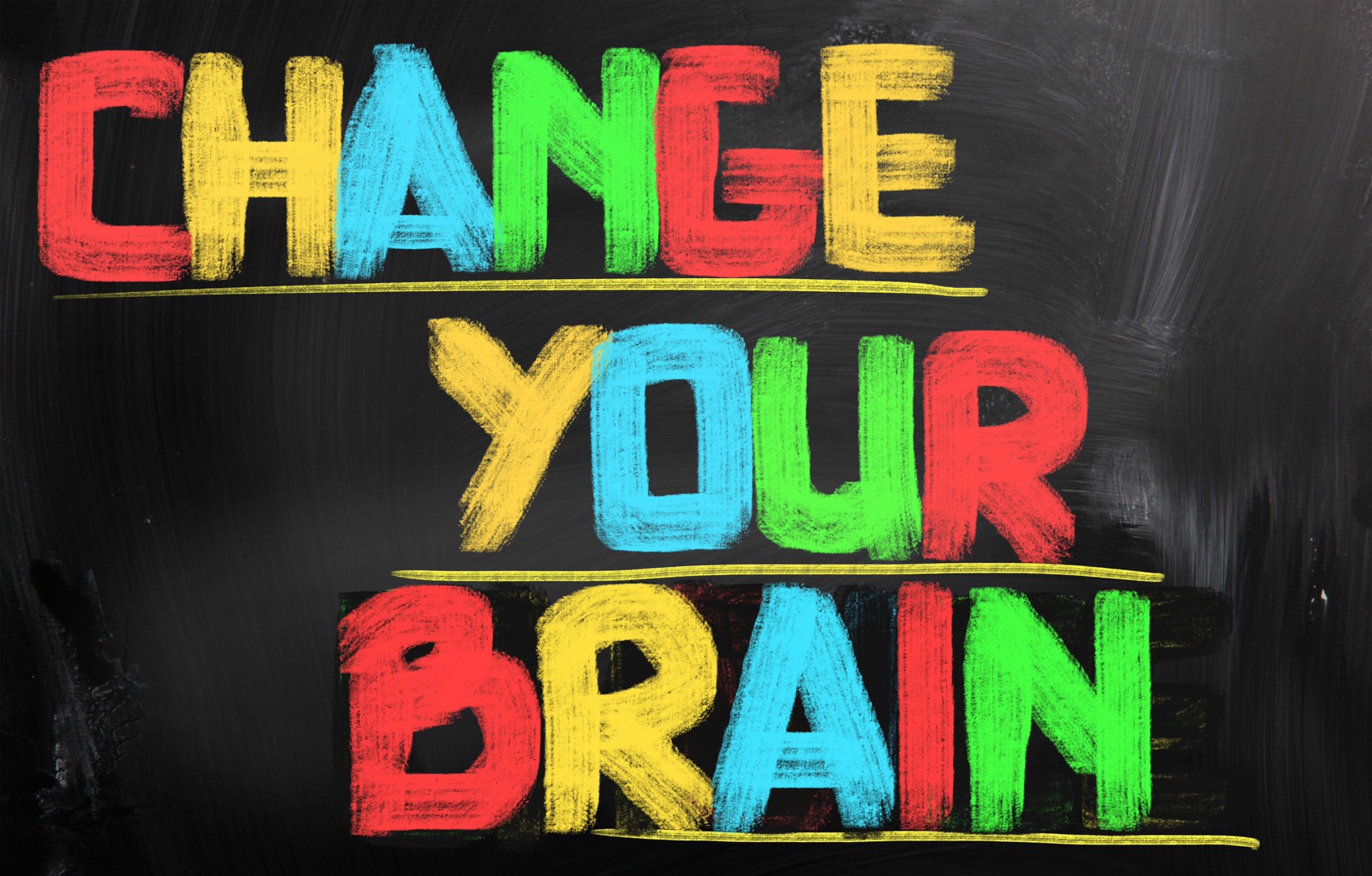How Long Does It Take For Neurofeedback to Work?
Prospective clients often ask how long it takes for neurofeedback to work. This is an interesting question because results, of course, vary due to how brains vary dramatically. But it’s safe to conclude that most adults, children, and adolescents typically experience some improvements within two to four weeks of neurofeedback.
These improvements are incremental. While the person undergoing neurofeedback may not reach their ultimate desired goal in two to four weeks, they will begin to experience more ease and comfort, i.e., better sleep, well-being, and focus. This process then unfolds over the subsequent weeks and months of training.

Plenty of studies look at 30 or 40 sessions of neurofeedback and report significant results. I would say this range is absolutely true. If my life satisfaction is at a zero, and I want it to go to a three or four, that represents a significant improvement that would show up in a research study. If my depression is at a 10 and drops to a 7, that is also a significant result. However, most people want more, which is why neurofeedback training typically requires more than 30 sessions these days. Part of this is also due to the advent of home training, which allows us to be much more flexible without tying people to the office. It reduces costs and opens the door to train anytime you want – a win-win for many of our clients.
However, a comprehensive answer to how long it takes is very difficult to nail down. If clients feel better week by week and month by month, most will continue to stay with neurofeedback because the results are compelling. As they are feeling, sleeping, focusing, and remembering things better and their kid’s behavior is improving, they typically continue for anywhere between three months, six months, and, some folks, up to a year. But the norm would be more of a three to six-month process.
I am hesitant to provide a firm answer because it does vary a lot. But hopefully, this information gives you a range within which to set your expectations. If you have more questions, feel free to reach out.
How Does Neurofeedback Work? Why is Neurofeedback So Effective?









